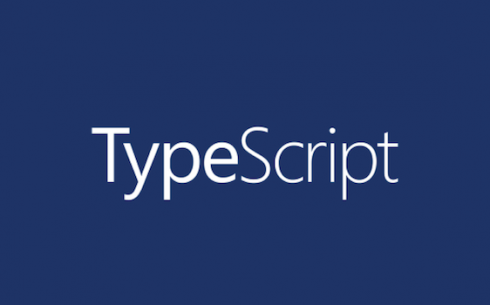
TypeScript 4.3 beta introduces separate write types on properties, an ‘override’ and the ‘–noImplicitOverride’ flag, template string type improvements and more.
When a method is marked with ‘override,’ TypeScript will always make sure that a method with the same name exists in the base class. If writing override on a method isn’t added, the new ‘-noImplicitOverride’ flag makes it an error to ‘override’ any method from a superclass unless one explicitly uses an override keyword.
The new version also expanded which elements in a class can be given #private #names to make them truly private at run-time.
Additional details on the beta are available here.
Pluralsight Skills platform free for the month of April
For the second time, Pluralsight initiated the Free April program, which allows 30 days of free access to help businesses accelerate their recovery from the effects of the pandemic through enterprise upskilling and reskilling programs.
Individual learners can also take advantage of Free April to improve their technology skills by registering.
“A year ago, we saw tremendous impact with Free April, as more than a million technologists used Pluralsight Skills to develop new capabilities as the COVID-19 pandemic impacted us all. This year, we see tremendous opportunity for Pluralsight to help accelerate our global economic recovery by helping both businesses and individuals get access to our platform,” said Aaron Skonnard, the co-founder and CEO at Pluralsight.
Julia 1.6 released
The new version of the Julia programming language is likely to become the next long-term support release of Julia offers faster package precompilation, compile time percentage as a tool for rooting out unwanted compilation effort and much more.
The new version of Julia is also likely to become the next long-term support release of Julia, according to its developers in a blog post.
Additional improvements in this release include the elimination of needless recompilation, and addition of tooling to help optimize packages for latency, binary loading speedups and new downloads and NetworkingOptions.
Google database migration service now GA
The Google Cloud Database Migration Service (DMS) supports MySQL and PostgreSQL migrations from on-premises and other clouds to Cloud SQL.
DMS helps with all of the steps that are needed for a successful database migration: database preparation documentation, secure connectivity setup, and migration validation built right into the flow. Whereas these functionalities have been available for MySQL, they’ve been expanded to PostgreSQL.
“With DMS’ serverless architecture, you don’t need to worry about provisioning or managing migration-specific resources. Migrations are high performance, minimizing downtime no matter the scale. DMS also keeps your migrated data secure, supporting multiple methods of private connectivity between source and destination databases,” Shachar Guz, a product manager at Google wrote in a blog post.






